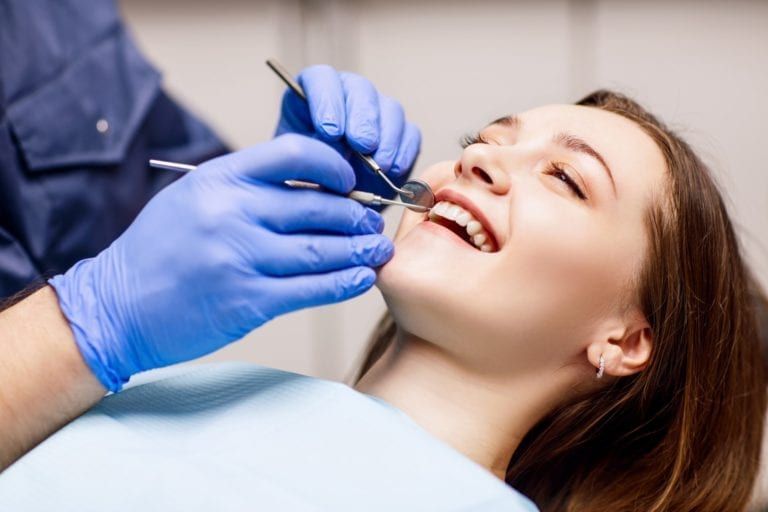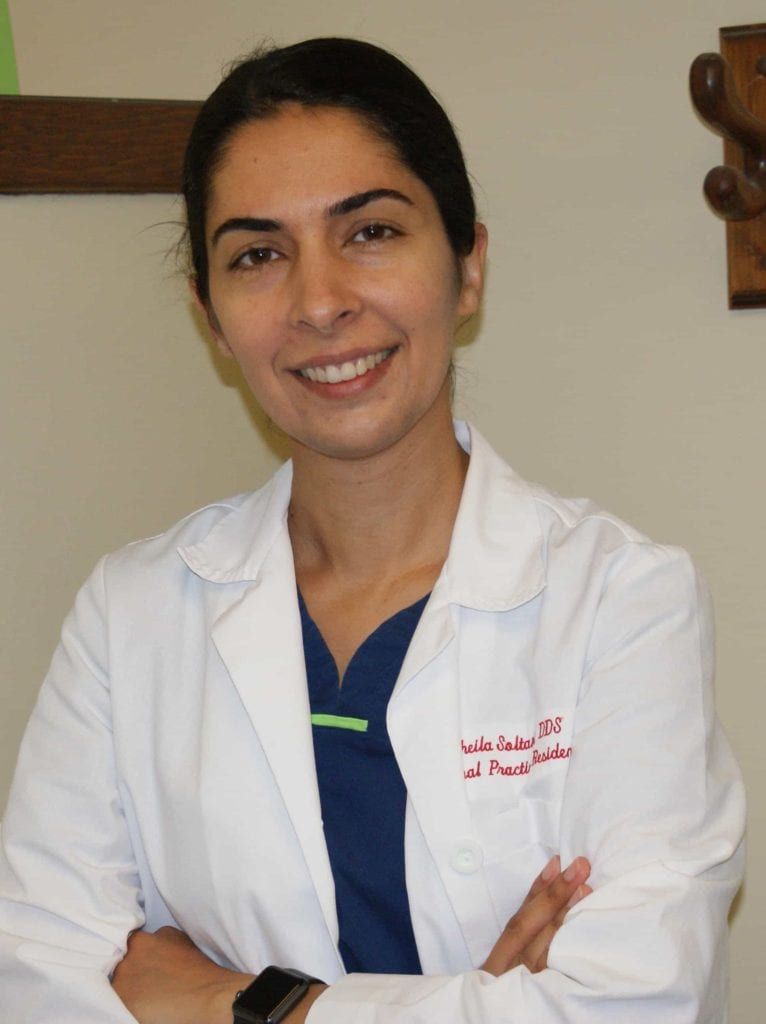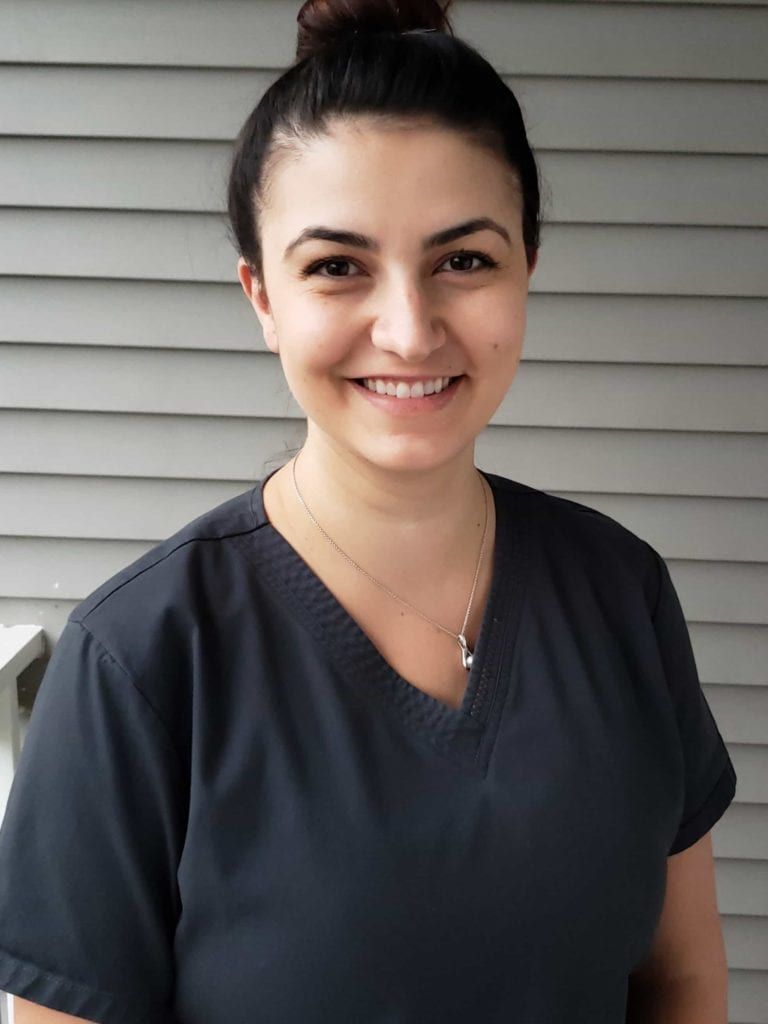How long has it been since your last dental cleaning? Has it been over six months? If so, then you are due for a cleaning. To protect yourself from common dental problems like tooth decay and gum disease, the American Dental Association recommends having your teeth professionally cleaned once every six months.
Fortunately, having your teeth cleaned doesn’t take very long, so you don’t have to worry about spending hours at the dentist’s office. In fact, most dental cleanings can be completed in as little as 30 minutes, with some lasting around an hour. The length of your cleaning appointment will mostly depend on the current condition of your teeth and gums, as well as what type of cleaning is needed.
In general, your dentist will have a dental hygienist perform a prophylaxis cleaning, which is a fancy way of saying “preventative cleaning”. During a preventative cleaning, your hygienist will use a special tool called a dental scaler to remove plaque and tartar by gently scraping or applying a pressurized water stream. It is important to note that while dental plaque is soft and can be removed by regular brushing and flossing, dental calculus (tartar) is hardened plaque that can only be removed using a scaler.
After removing the larger pieces of plaque and tartar with a scaler, your hygienist will use a gritty toothpaste to brush your teeth. They will then floss and rinse your mouth to remove the toothpaste and remove any remaining debris. Once the teeth are completely clean, fluoride will be applied to the surface to strengthen the enamel and discourage future plaque accumulation.
For most people, this type of cleaning is sufficient. However, additional cleanings may be required for those with gum disease or those who have significant tartar buildup. In the case of gum disease, a deep cleaning known as scaling and root planing is usually performed. Although a scaling and root planing cleaning starts off the same as a preventative cleaning, it cleans the gum pockets and tooth root surfaces as well. This is because excess plaque in the gum pockets causes inflammation in the gums and causes them to pull away from the teeth, or recede. In order to treat gum disease and reverse gum recession, plaque needs to be removed and the roots need to be smoothed so the gum tissue can reattach itself.
For individuals with advanced gum disease, or periodontitis, periodontal maintenance cleanings are generally recommended. Periodontal maintenance cleanings are scaling and root planing cleanings, however they are usually performed more frequently depending on an individual’s symptoms. The goal of these maintenance cleanings is not to prevent gum disease, rather it is to prevent the disease from progressing.
The final type of cleaning used by dentists is one that is not performed often. This type of cleaning is the most involved and longest out of all the cleanings and is usually performed on people who either have never been to a dentist or are unable to practice dental hygiene on their own. Known as a gross debridement cleaning, this cleaning is used in cases where there is significant tartar buildup that cannot be removed with a dental scaler alone. Instead, a special vibrating tool is usually required to loosen and remove the hardened deposits. Gross debridement cleanings are usually performed with dental anesthetics and are scheduled one quadrant at a time, requiring multiple dental visits.
Overall, most individuals will only require a preventative dental cleaning when visiting their dentist and can expect to be in and out of the dentist’s office in about an hour. Those requiring a deep or maintenance cleaning can usually also be seen quickly. The only type of cleaning that takes a significant amount of time and multiple dental visits is the gross debridement cleaning. However, regular dental visits ensure that you will never need this type of cleaning.




